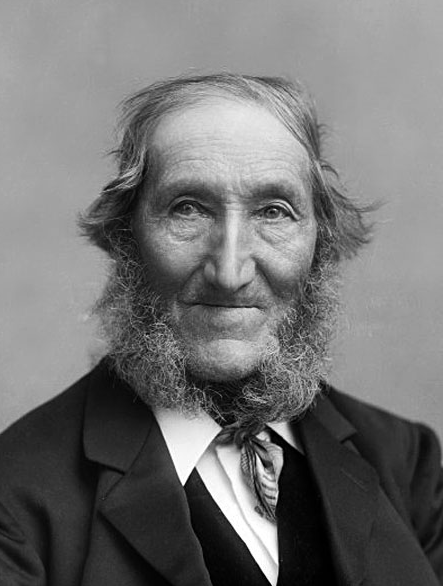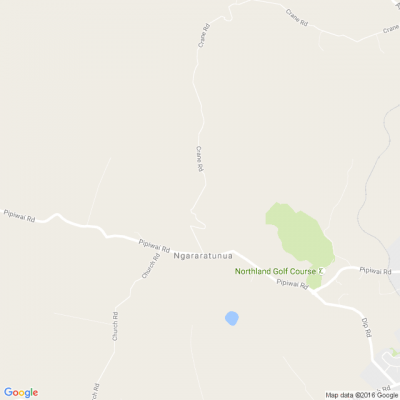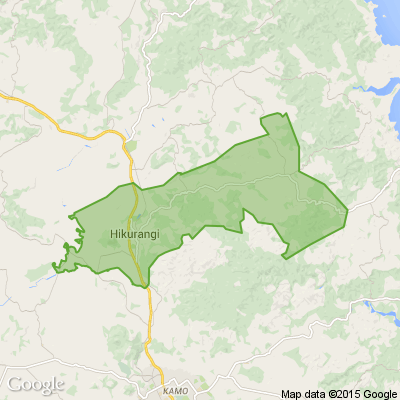Hypnosis Safe Option To Beat Addiction
A Whangarei hypnotherapist wants to see more clients using hypnotherapy to beat drug addiction.
Arpi Procter, a registered social worker who was for eight years an alcohol and drug counsellor with Northland District Health Board, regularly treats people with addictions and says she would like to see more people utilising hypnotherapy as an organic, safe and holistic way to address addiction – especially considering other treatment options can require medication, inpatient admission to a detox unit, and time away from work.
Arpi has been inundated with clients seeking to quit smoking following the January 1 rise in tobacco tax, but would like to see more people breaking addiction to other drugs via hypnotherapy.
“If people come to me, they don’t have to worry about going away to rehab,” Arpi says. “Women don’t have to worry about losing custody of their kids. A person’s work is not impacted. They keep their lives while they are in hypnotherapy treatment rather than going away and being put in a system.”
“Hypnotherapy enables you to remain at home, living your everyday life while you make changes.”
Beating Addiction Without Drugs or Detox
Under Te Ara Oranga, Northland DHB refers most clients experiencing drug addiction to non-residential treatment programmes delivered by providers such as Salvation Army, Rubicon, Odyssey House and iwi health providers. Hypnotherapy is an ideal option for mostly well-functioning people whose problematic behaviour is due more to addiction than to mental unwellness. Medical journals including The Lancet have published studies linking hypnotherapy with success around methadone withdrawal, irritable bowel syndrome treatment and ulceration treatment.
Hypnosis is a blend of physical relaxation and extreme mental alertness. When a person undergoes therapeutic dialogue during hypnotic trance, the therapist is able to address problematic behaviour by talking to a person’s subconscious rather than conscious mind. Arpi likens the subconscious to the ‘base of the iceberg’ rather than the tip and estimates 96 percent of clients she sees do not relapse into addiction after a recommended 4-5 sessions across five weeks.
Arpi said her approach is focused more on where the client wants to take his or her life in the future than on regression. “I get a person to reflect on where they’re going; I eliminate cravings. That’s the big part of it – if you don’t eliminate cravings, people are going to be back into using.”
While methamphetamine is the most difficult drug to break addiction to, Arpi says she has seen many patients in Kawakawa and Kaikohe respond well to hypnotherapy for alcohol and cannabis cessation. “While social work is about social change, hypnotherapy is about individual change.”
“One successful patient I’ve worked with was a 40 year old male out of jail and rehab who was sent to me by probation services. He was difficult to do an assessment with. He demanded to know what I could do with him that no one else had done. I suggested hypnotherapy and he just went for it. Not only did the addiction change but the anger and hostility disappeared.”
“I remember another young man who was in the probation system with addictions to cannabis and alcohol. After hypnotherapy he was very excited about going out to find a job. For the first time, he was motivated about the future.”

What workplace change would you like to see most?
This coming Monday is Labour Day in New Zealand. This public holiday marks when the eight-hour workday and 48-hour workweek became law in 1899. The idea started with Samuel Parnell, a carpenter in Wellington, who in 1840 refused to work more than eight hours a day. Since skilled workers were in short supply, his employer had to agree.
As more skilled workers arrived, employers tried to change working conditions, but Parnell and others kept pushing for better rights. In 1890, Parnell led a Labour Day parade of 1,500 people to promote the eight-hour day. He passed away shortly after, and nine years later, Labour Day became an official public holiday.
Do you feel that we have reached the ideal in working environments yet? What rights are you passionate about relating to employment? Share your thoughts!

Your Daily Brain Workout: Ready to Riddle?
What is 3/7 chicken, 2/3 cat, and 1/2 goat?
Do you think you know the answer to our daily riddle? Don't spoil it for your neighbours! Simply 'Like' this post and we'll post the answer in the comments below at 2pm.
Want to stop seeing riddles in your newsfeed?
Head here and hover on the Following button on the top right of the page (and it will show Unfollow) and then click it. If it is giving you the option to Follow, then you've successfully unfollowed the Riddles page.

Six tips for improving security around your home
1) Improve outdoor lighting
Ensure that streets, driveways, and front yards are well-lit. Motion-sensor lights around homes deter trespassers by reducing hiding spots and illuminating their movements.
2) Trim your trees
Overgrown shrubs and trees provide cover for intruders. Keeping them well-trimmed around windows and doors improves visibility and reduces potential hiding spots.
3) Secure Entry Points
Ensure doors, windows, and gates are always closed when you are away from the house. Upgrade to more secure locks, deadbolts, or even smart locks for added protection.
4) Add a security camera
Place security cameras in the main entry points to your home. Doorbell cameras are also relatively cheap and a great way to keep track of who is visiting your home when you aren't there.
5) Start a Neighborhood Watch Program
You could reach out to members on Neighbourly to form a group of neighbors who can regularly keep an eye out for suspicious activity and report it. You could also check with Neighbourhood Support to see what is existing in your area.
6) Introduce yourself to your neighbours
The closer you are to your neighbors, the more likely they’ll notice when something unusual or suspicious is happening around your property
Feel free to share anything that you do around your area to deter crime.








 Loading…
Loading…














